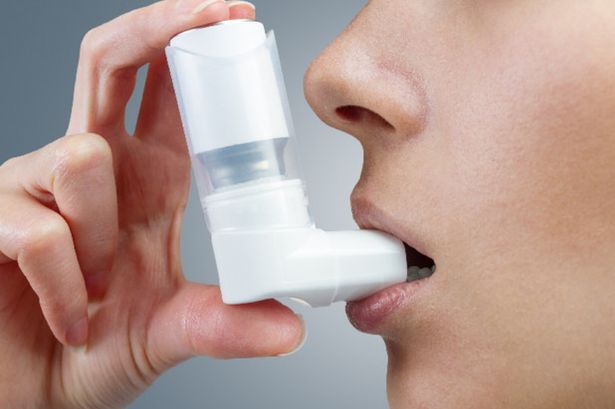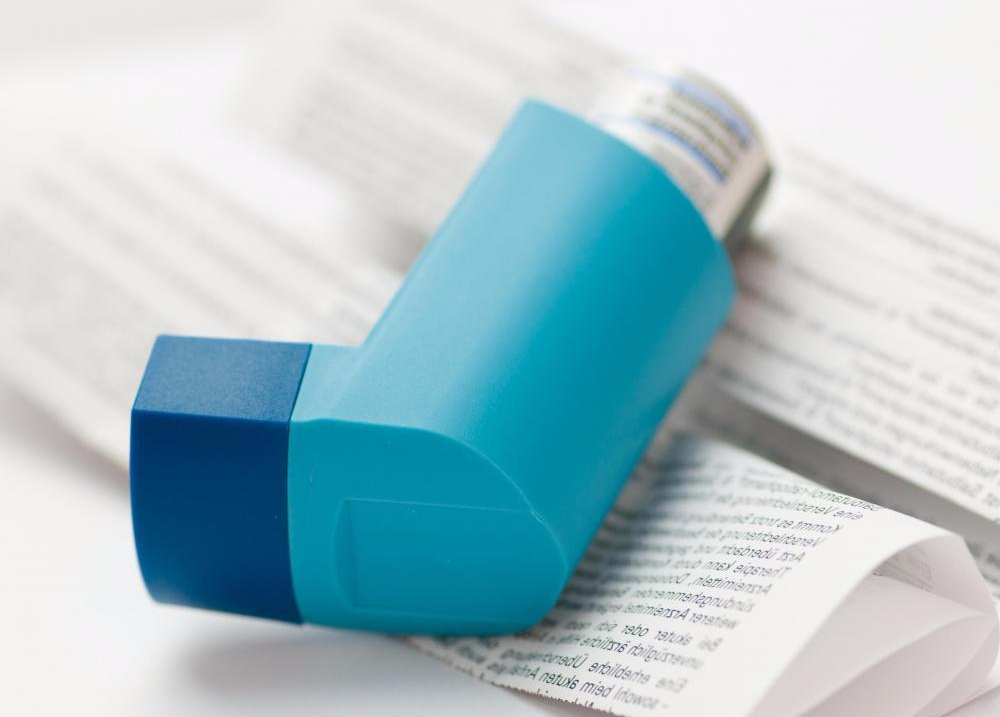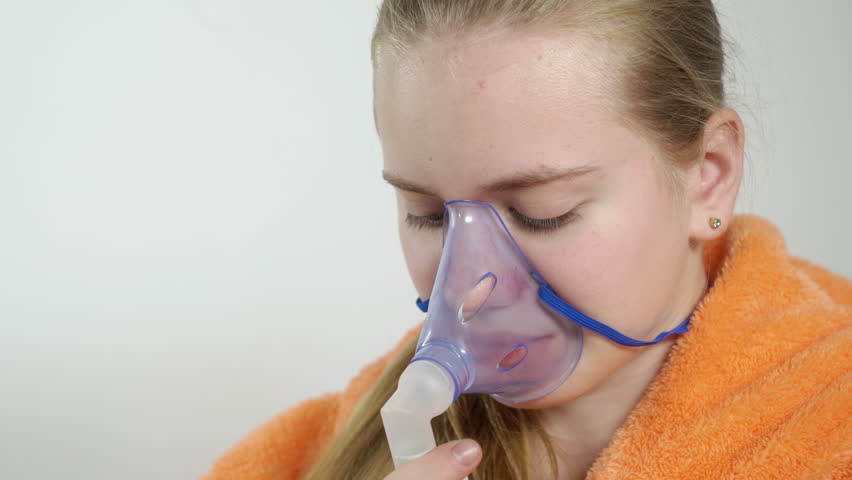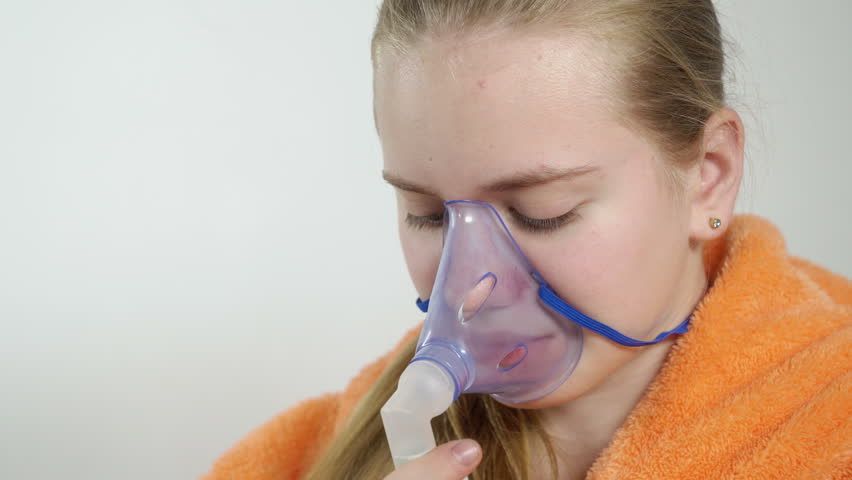If you or your closed one suffers from asthma, it’s important that you know about the most effective medications that are helpful in case of short-term relief as well as long-term relief. Once you gain a better understanding of asthma treatments, you’ll learn how you can manage your asthma signs and symptoms.
When you feel the asthma symptoms or have an asthma attack, you must know when to call a doctor and prevent the condition for getting worse. Asthma medications are important in controlling a condition and there are two major types of asthma medications: controller medications and quick relief medications.
The controller medications are most important as they help in preventing asthma attacks. These drugs make your airways less inflamed and don’t easily react to triggers. And the quick-relief or rescue medications help in relaxing your muscles surrounding the airways.
Asthma Inhalers

The most common and effective way of delivering asthma drugs to the lungs is inhaler. Different types of inhalers available have different technique of use. Some of the inhalers provide one medication, while some deliver two different meds.
Steroids & Other Non-Inflammatory Drugs
The anti-inflammatory drugs especially inhaled steroids are the life-saving important meds for most of the people who have asthma. They help in preventing asthma attacks and reduce swelling and mucus production in your airways. And this makes airways less sensitive and less reactive to asthma triggers causing the symptoms.
Leukotriene modifiers help in blocking inflammation-causing chemicals. The mast cell stabilizers control the chemical release causing the inflammation. Immunomodulator is an effective injection given in case of moderate to severe asthma that is related to allergies or other inflammation. Reslizumab (Cinqair), Mepolizumab (Nucala) and Omalizumab (Xolair) are used as asthma maintenance medications.
Bronchodilators

Bronchodilators (beta agonists) help in relieving the asthma symptoms by relaxing the muscles and opens airways. This helps in opening up the airways. The short-acting bronchodilator inhalers (rescue inhalers) are used for providing quick relief to a person having cough, chest tightness, shortness of breath and wheeze caused due to asthma. In the routine treatment of asthma, they are not usually recommended for use. Anticholinergics are the bronchodilators that can be or used with or instead of short-acting beta-agonists.
The long-acting bronchodilators are sometimes used along with inhaled steroids or corticosteroids for controlling asthma symptoms or when someone has ongoing asthma symptoms despite the treatment with a daily inhaled steroid. They are never used solely for long-term treatment of asthma.
Theophylline is a bronchodilator that is used as an add-on medication for symptoms that don’t get treated by other meds.
Prednisone
In the event of serious asthma attack (exacerbation), a doctor may suggest you a short course of oral corticosteroids. When it’s used orally for less than two weeks, you’re less likely to have any side effects but its long-term use can have serious and permanent complications. Once the symptoms of severe asthma attack are successfully treated and controlled, the doctor will minimize the need for prednisone eventually.
Nebulizers

If you face difficulty in using small inhalers, your doctor may suggest you an asthma nebulizer. Nebulizer is a device that has mask or mouthpiece that is usually used by infants, older adults, small children. It converts asthma meds from liquid to mist such that they can be easily inhaled inside the lungs. It takes a little longer than taking inhalers.
What About Over-the-Counter Asthma Drugs?
The over-the-counter (OTC) medications for asthma are not usually recommended. It’s better to consult a doctor about asthma symptoms and follow the treatment accordingly. OTC drugs are not long-term treatment meds and can’t be used for daily asthma control. And especially, people with cardiac, thyroid and blood pressure problem should avoid it.
Are Allergy Shots Any Good In Treating Asthma?
The children who get allergy shots have less chances of getting asthma. The recent studies suggests, but there are asthma shots particularly for adolescents and adults. Since the allergies act as an asthma trigger, it makes more sense to control them and reduce chances of asthma attacks. It’s better to consult a doctor if allergy shots might work for you.
Image Source:
1) bristolpost
2) firstaidforfree
3) picdn

